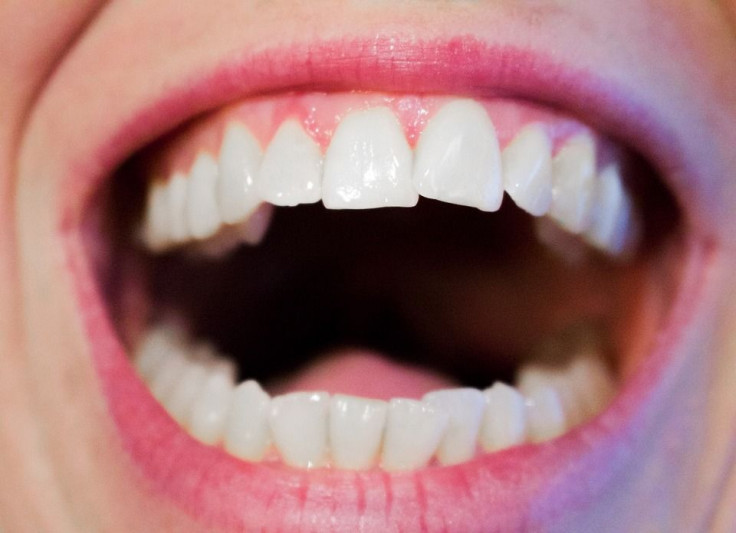Why You Get Canker Sores And How To Get Rid Of Them: Treatments To Numb The Pain, Kill Bacteria

A majority of us have experienced canker sores at one point or another. You know, those uncomfortable white, inflamed sores in your mouth, which aren't to be confused with cold sores.
Cold sores are caused by a viral infection and are typically found on your lips, whereas, canker sores are often caused by irritants like braces or dentures, and some even report eating acidic or spicy foods will result in those pesky abrasions. Other possible causes include vitamin B-12 deficiency, hormonal shifts during menstruation, and emotional stress, according to Mayo Clinic.
Read: What To Do About ‘Pizza Mouth’ Pain: 4 Ways To Deal With A Burn On The Roof Of Your Mouth
But, how do you get rid of them? Instead of waiting for the sores to clear up on their own after a week or two, there’s a few treatments to help ease the pain, explains SciShow host Michael Aranda in the video below.
Many dentists will recommend over-the-counter mouth rinses that contain benzocaine, a chemical known to interact with your nerve endings to numb the sores. Additionally, using diluted hydrogen peroxide as a mouthwash helps kill the bacteria. Fair warning - this method may sting your mouth, but it’s proven to be effective.
Other products that contain fluocinonide, a topical steroid, are also effective, but they require a prescription. The medication helps to reduce inflammation and promote faster healing.
There’s some people who may require an even stronger medication. Those who have recurrent aphthous stomatitis (RAS) not only get more frequent canker sores than the average individual, but also more painful ones. They’ll often be treated with prescription drugs that come along with more side effects, but the medication will aid in reducing the pain and frequency of the recurring sores.
Although anyone can develop canker sores, they’re most common in teens, young adults, and females.
See also: 7 Bad Breath Causes: The Mouth Conditions, Signs To Recognize
Symptoms Of Hand, Foot, and Mouth Disease: How To Spot The Contagious Viral Infection



























